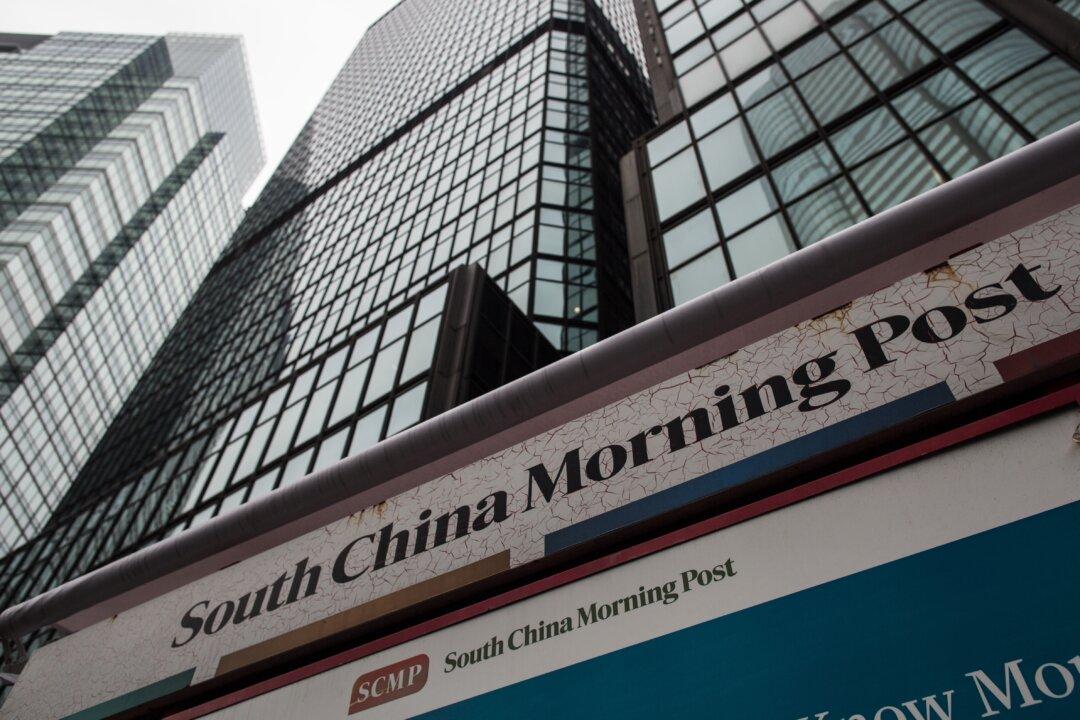Commentary
An Asian media outlet accused of alignment with the Chinese Communist Party lists Politico as a strategic partner for a scheduled China-related event in the United States, as part of a content partnership between the publications that Politico publisher and founder Robert Allbritton announced in May 2018.





